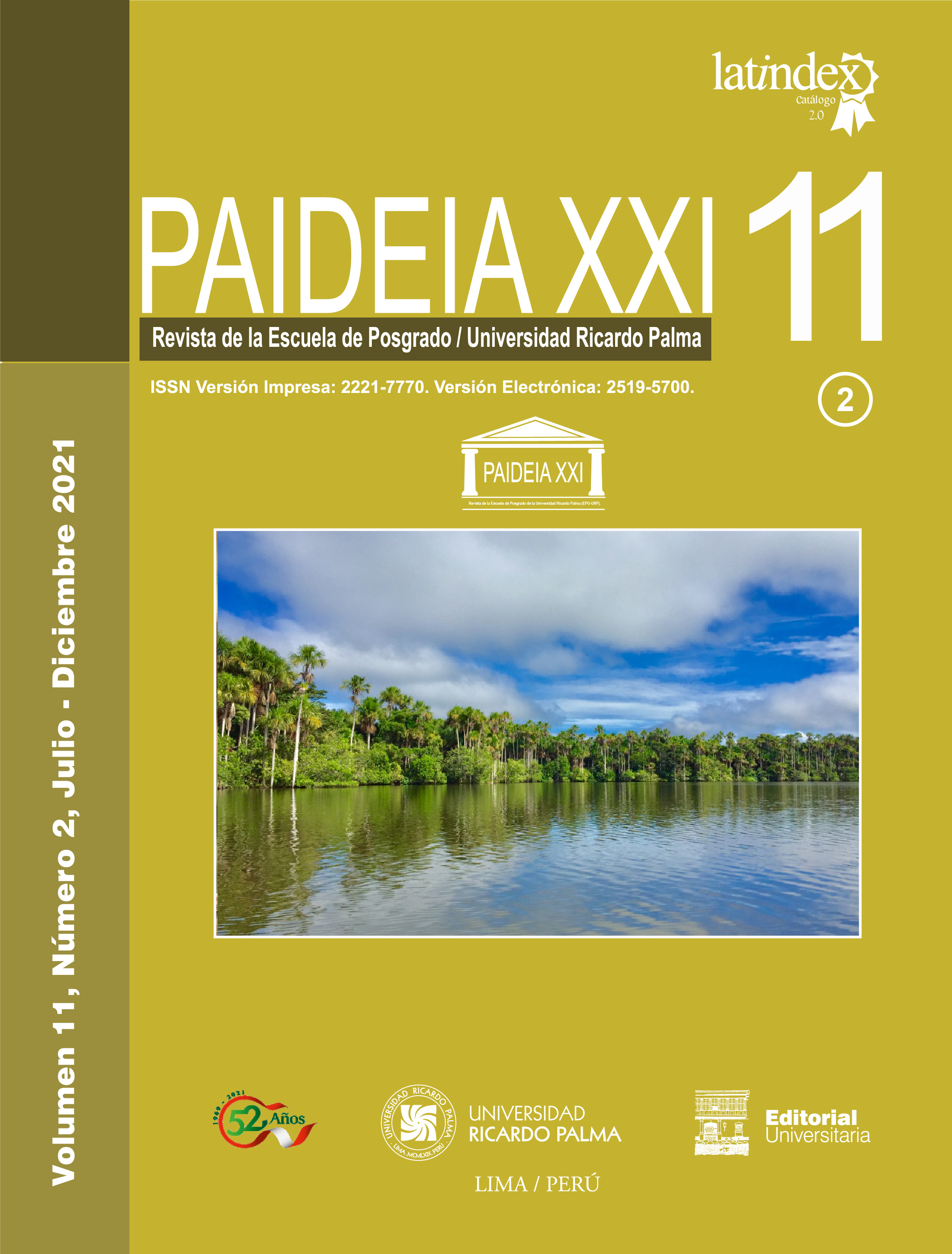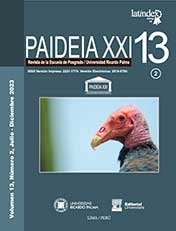EMOTIONAL DIMENSION OF PATIENTS OF QUECHUA ORIGIN WITH TYPE 2 DIABETES IN THE CITY OF CUSCO, PERU
DOI:
https://doi.org/10.31381/paideia.v11i2.4272Abstract
Type 2 diabetes is currently considered a worldwide epidemic. The increase in cases has been accelerated considering that in 1980 it only affected 108 million, currently approximately 500 million people suffer from the disease; the factors that condition it are diverse genetics, as well as lifestyles. This is a qualitative study based on the interpretive paradigm, through in-depth interviews, which allowed obtaining valuable information from the study population, made up of patients treated at the Antonio Lorena and Regional hospitals of Cusco, diagnosed with type 2 diabetes. and that have Quechua origin. The sample is non-probabilistic for convenience, the representativeness of the discourse was sought, managing to carry out 30 interviews. From the patients’ perspective, the cause of their disease -diabetes- is mainly due to a strong emotional situation they have suffered (fright, anger, sadness) and second to the type of diet (a lot of fat, sweets, fl our). At the time of receiving the diagnosis of their disease, patients report experiencing strong emotional states such as anxiety and fear and also experiencing concerns about the course of their disease and about the situation of their family. They also indicate that during the treatment they suffer episodes of anxiety and a tendency to depression (sadness, grief. It is important for the diagnosis and treatment of these patients, the most comprehensive health care. as well as regular attention to the emotional component of his illness with an intercultural approach.
Keywords: type 2 diabetes – emotional state – interculturality of indigenous peoples – social representations












